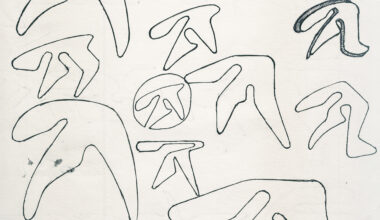A mainstay of disco and electro since the early 1980s, Italian producer Alexander Robotnick has also dabbled in jazz, ambient and global sounds throughout his long career. His latest album, ‘Simple Music’, suggests there’s no sign of him letting up
Want to read more?
Sign up to Electronic Sound Premium to gain access to every post, video, special offers, and more. 100%, all you can eat, no commitment, cancel any time.
Already a premium member? Log in here






